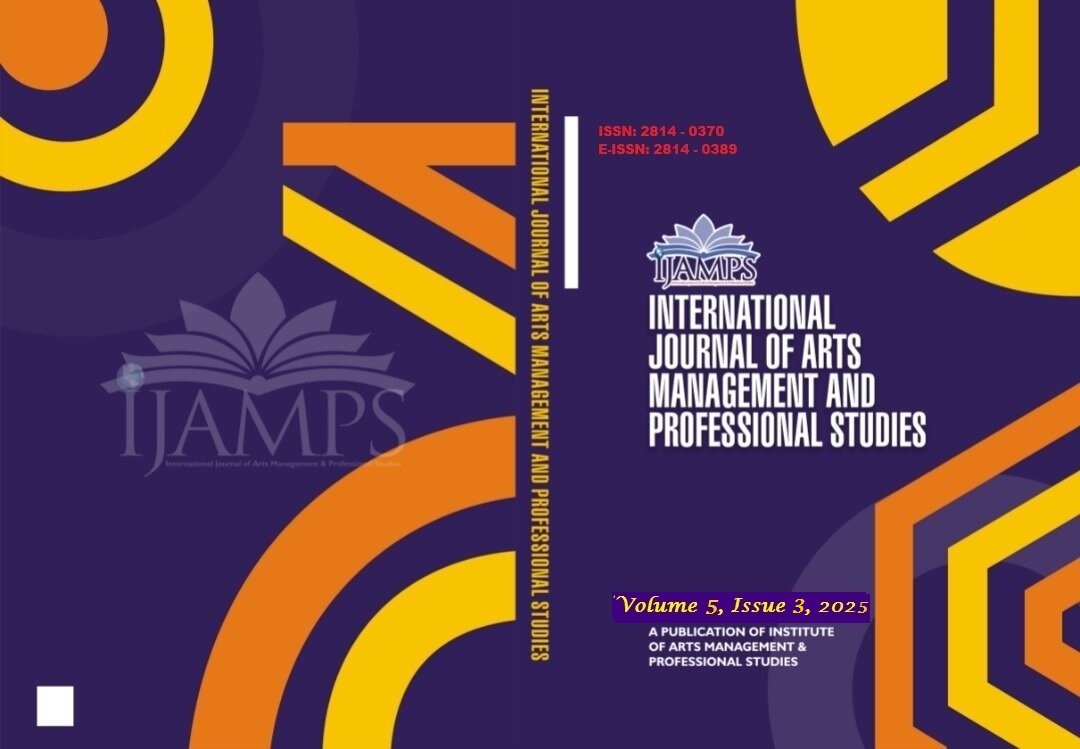
Strategic Performance Management In Non-Profit Organisations: A Systematic Review
Eze Chidi Nwauba
Volume 5, Issue 3, September 2025
Strategic performance management systems (SPMS) constitute integral components of organisational effectiveness frameworks, intended to enhance organisations' ability to achieve mission-driven outcomes while maintaining operational efficiency. In non-profit organisations (NPOs), the successful implementation of SPMS is complicated by limited financial resources, weak organisational structures, and competing mission priorities. The current review aimed to summarize evidence on strategic performance measures in organisational environments with specific focus on NPOs to identify the obstacles and facilitators affecting the effectiveness of these systems, and analyze the organisational effects of current strategic management measures. A comprehensive systematic review, conducted in accordance with the Preferred Reporting Items for Systematic Reviews and Meta-Analyses (PRISMA) guidelines, was undertaken. Several databases were searched including PubMed, Scopus, Web of Science, CINAHL, and Embase. The studies that consider the implementation of strategic performance management and its obstacles, facilitators, and effectiveness in non-profit organisational environments were selected. It was found that there was a major disparity in performance management coverage; in the sectors of small nonprofits, community organisations and grassroots groups, organisations do not carry any forms of comprehensive strategic performance systems; about 75 percent of NPOs do not have any form of strategic performance management frameworks. The review of 22 studies established that the most common barrier was resource constraints which were raised in 18 out of the 22 reviewed studies, where deficiency in training and education came in the second in terms of frequency with 15 studies raising this barrier. In its turn, strong organisational leadership was marked as the greatest facilitator as it was mentioned in 16 studies whereas a comprehensive program of stakeholder engagement became a second influential facilitator found in 14 studies.